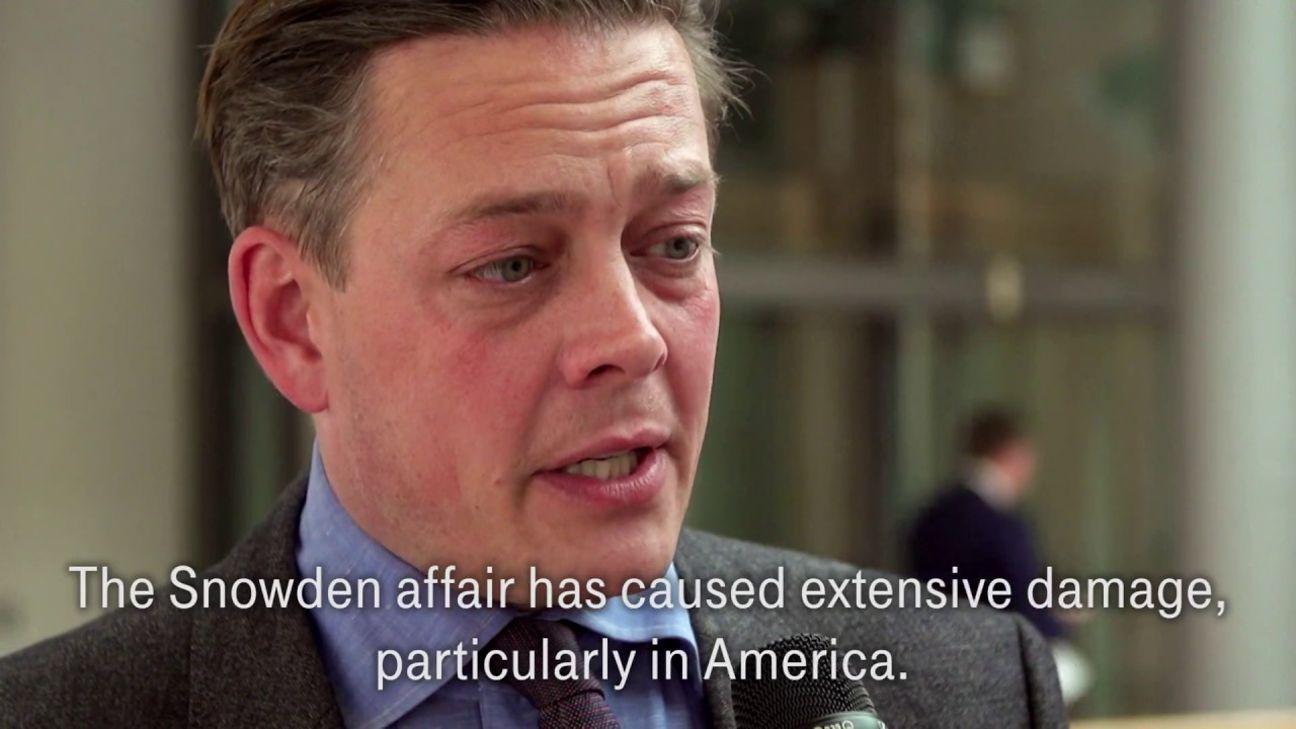Interview with Konstantin von Notz, Internet policy spokesperson for the German Green Party (Bündis 90/ Die Grünen)
The world is moving ever closer together as a result of digitization. When it comes to the digital sphere, however, there are cultural differences. It is this topic we want to discuss today with Konstantin von Notz.
Mr. von Notz, "A good citizen has nothing to hide, not even in the digital world" - would you say that far more Americans than Europeans agree with this statement?
Well, I doubt it. I believe people in the U.S. - especially in the U.S. - have a great sense of privacy. And in Germany too: many people in the former GDR have experienced what it means when a state does not respect personal pri-vacy, and this is not something we wish to see repeated.
You just touched upon the experience of dictatorship in Europe. The Europeans' stance on data privacy is precisely the result of this. Can we afford to have this atti-tude nowadays, or is this no longer relevant in the digital era?
It's more relevant than ever. You can see it from the discussions we are hav-ing about the hacking of encrypted communications. But this is happening on both sides of the Atlantic. in the U.S. there is a huge fight between Apple and the FBI about whether access to personal data should be allowed, even when there is real suspicion of a terror threat.
What I believe is that, yes, there are always cultural differences, at the end of the day it is privacy that defines a nation of law, so there is no question as to whether we can afford it, it is an existential issue, from human dignity all the way to a person's right to a self-determined life, and that is why states gov-erned by the rule of law must protect it.
Are there areas of data privacy where Europe and America could learn from one an-other?
Yes, I think that data privacy on both sides of the Atlantic is the basic currency of trust in the digital world and, at the end of day, we will see the development we actually want, namely that people trust more in digital infrastructure and are able to exploit the advantages of it. That is directly subject to people being able to trust this infrastructure.
The concerns here - not just after Snowden, but certainly since Snowden came forward - are huge, and they are resulting in significant losses for com-panies. The Snowden affair has caused extensive damage, particularly in America.
But the state has to protect not just its citizens' data, it also has to protect its citizens occasionally from harmful data too, i.e., cyber attacks. Which protective measures do you think would work appropriately on an intercontinental and intercultural level, both in Europe and the U.S.?
We need first to clarify that whatever applies to the analog world also applies to the digital world, namely Article 10 of the German Basic Law: Right to priva-cy of correspondence, posts and telecommunications. And this basic right does not exist while data are being tapped en masse without due cause. This is where we need end-to-end encryption, we need the security organizations to take a clear stance and say: "We do want access to certain communica-tions, but only in specific cases where there are grounds for suspicion - just like in the analog world."
And we haven't got to that point yet. Three experts in constitutional law, who acted as close advisors during the NSA Inquiry Committee, called for renewed clarification - in terms of the basic law - of the fact that it is the state that is re-sponsible for the integrity of this infrastructure and must guarantee this by law.
So to sum up, we should boldly continue to uphold our European ideals of data pri-vacy and protection of the individual?
I believe they are not just our ideals, but the ideals of the Western world, of Western democracies. It's a great fallacy to think that it's any different in Amer-ica. In America foreigners are treated outside of the constitution. Yet we are doing that here with the German Federal Intelligence Service. As such, as far as the shoddy treatment of stateless human beings is concerned, Germany and the USA are not so far apart.
But that's how things stand now, and we cannot settle for that. If, in the digital world, you want to stake a moral claim against North Korea, China or Russia that yours is a state governed by the rule of law, then you need to uphold the principles of the rule of law, which applied in the analog world, in the digital world too. Otherwise you are calling the entire digital transformation into question. That is something I would strictly caution against.

